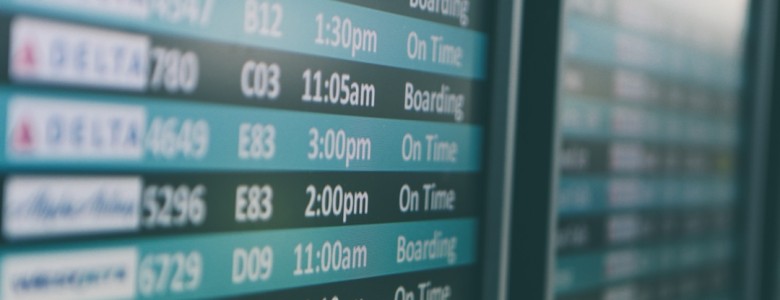
“Travel and change of place impart new vigor to the mind.”
So said Seneca centuries ago, however he neglected to mention the pesky parts about jetlag and cabin flu. Travelling is an opportunity to surround ourselves with new experiences, cuisine and cultures. However the stress of multiple connections, noisy passengers and late nights in crowded airports can take a toll on even someone with robust health. Fortunately exciting inventions such as Raymond Wang’s new cabin airflow system will “improve the availability of fresh air in the cabin by 190 percent” and will “reduce the concentration of airborne germs by 55 times”. Here are Travelstart’s easy tips for healthy and safe travels which take the stress out of flying.
Tips for staying healthy and refreshed in the air
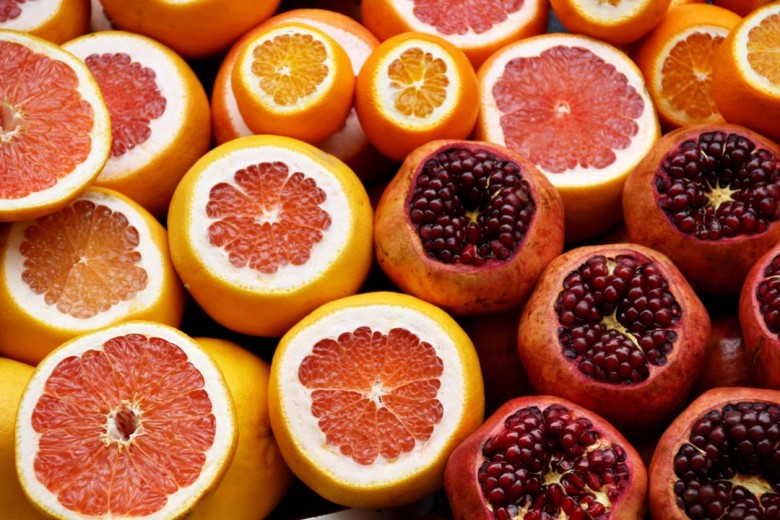
Hydration
Flying dries out your skin because of the low humidity on commercial aircraft. Take an empty water bottle through security and fill it up at a filtered drinking fountain or with the tap water in the bathroom (if you are in a country where the tap water is drinkable like South Africa).
Though a glass of wine with dinner may seem like the perfect thing to take the edge off, alcohol along with caffeine and heavily salted foods should be avoided during a long haul flight because of the dehydration factor.
Circulation
As silly as those little illustrations on the safety placard may seem there is a reason they recommend those ankle exercises. The low air pressure in the cabin means that the amount of oxygen in your blood is reduced. Try moving your legs and stretch your ankles once per hour.
Should you take a sleeping pill?
Most doctors advise you not to take any form of sleeping pill especially if you suffer from any circulation problems, are a heavy smoker or have any lung conditions as it’s best to get up every so often throughout the flight to move around and keep the blood circulating in your extremities. Specialized pressure stockings and socks (which you can buy from most pharmacies) help to put pressure on the muscles aiding them in pumping blood around the body. Consult with your doctor about taking a baby aspirin before your flight to help prevent blood clots.
People who have recently undergone abdominal surgery
Consult with your doctor before flying as the decreasing cabin air pressure as the plane gains altitude causes gases to expand and this may be an issue for those who have recently undergone surgery.
Exercise
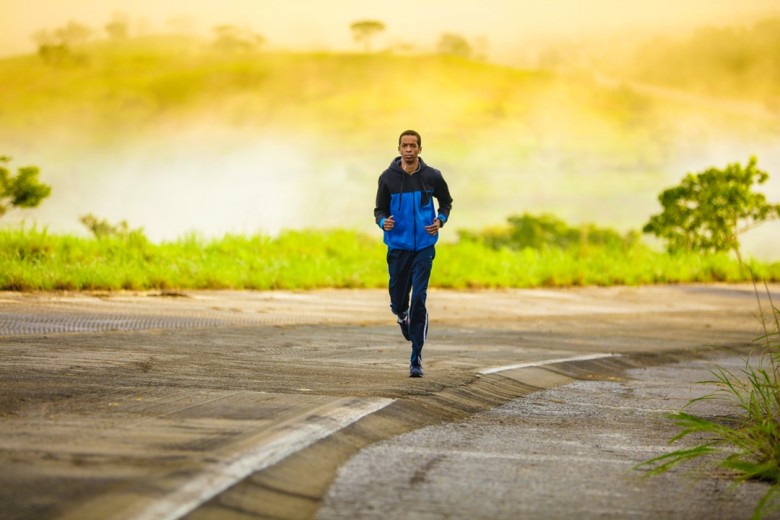 The best thing you can do to prepare for your longhaul flight is to get as much exercise in as possible the day before. A 6-10km run or 20-30km cycle will do wonders for your stress levels and will also make it easier to take a couple of short naps during the flight.
The best thing you can do to prepare for your longhaul flight is to get as much exercise in as possible the day before. A 6-10km run or 20-30km cycle will do wonders for your stress levels and will also make it easier to take a couple of short naps during the flight.
Nutrition
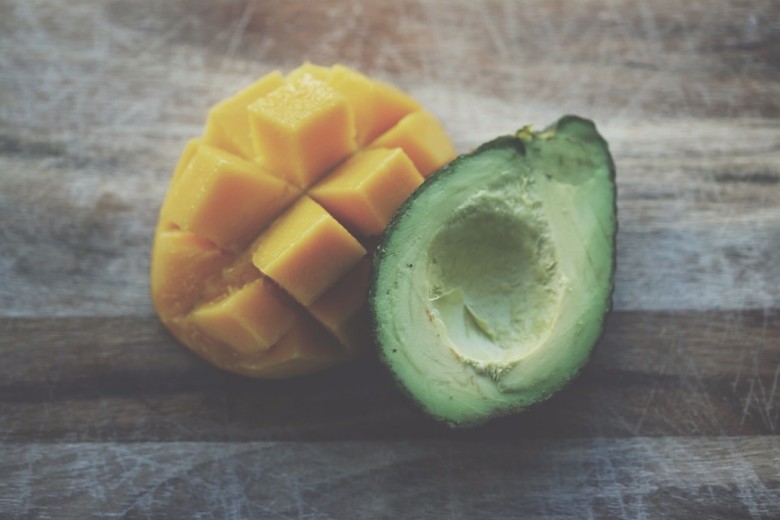
Take healthy snacks along in your hand luggage such as nuts, muesli, dried fruit and protein bars. These will keep your blood sugar levels balanced. Avoid foods with high-sodium and fast foods even though these are the most easily-accessible and least expensive when travelling. Most airline food is made with the knowledge that the high-altitude renders most people’s taste buds less sensitive making normal tasting food seem bland. According to a recent interview with the BBC, Charles Spence, professor of experimental psychology at Oxford University says that “Food and drink really do taste different in the air compared to on the ground,” and this is owing to: “lack of humidity, lower air pressure, and the background noise.”
Don’t even think of going anywhere without travel insurance
In fact most countries won’t grant you a visa without travel insurance. Travelstart’s got you covered with International travel insurance which covers emergency medical and related expenses up to R20 million. Premiums are calculated at a rate of R28 per day and include 20% commission.
Be aware of potential health threats
The Zika Virus
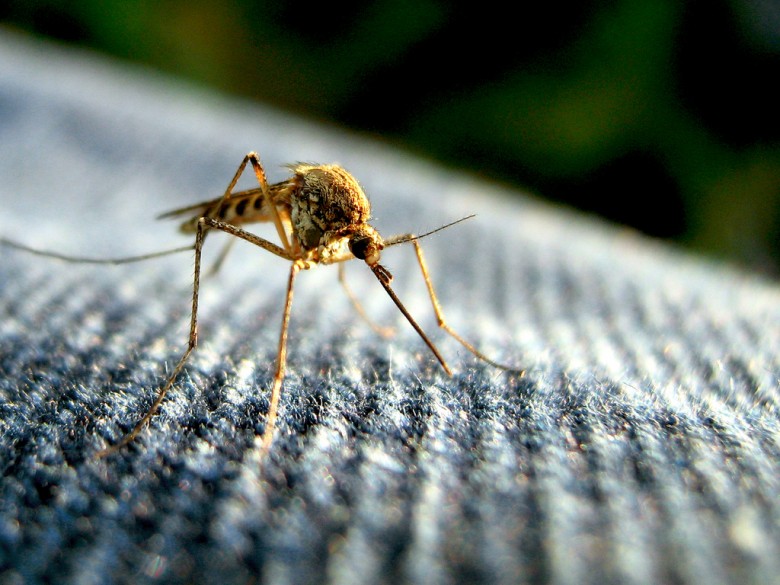
Image courtesy of Tom via Flickr
Fears of the dangerous mosquito-borne virus Zika are flooding our news feeds.
What is it?
The Zika virus is caused by a virus transmitted by Aedes mosquitoes. It can also be transmitted sexually by someone who is infected.
Zika was first discovered in the 1947 in Uganda but has recently made headlines in various countries in South America because of suspected links to birth defects in children.
Symptoms to look out for:
The World Health Organization reports symptoms that can include mild fever, skin rashes, conjunctivitis, muscle and joint pain, malaise or headache. These symptoms normally last for 2-7 days.
Is there a treatment or vaccine?
No, none currently available.
The best prevention, as with Malaria, is to prevent mosquito bites with mosquito repellant (people travelling to high-malaria areas are advised to take anti-malaria tablets several weeks before departure).
Watch out for the Zika virus:
In Africa, the Americas, Asia and the Pacific.
Yellow Fever
This is a similar mosquito-borne viral disease but luckily there is an effective yellow fever vaccine available.
Which countries require a yellow fever vaccination?
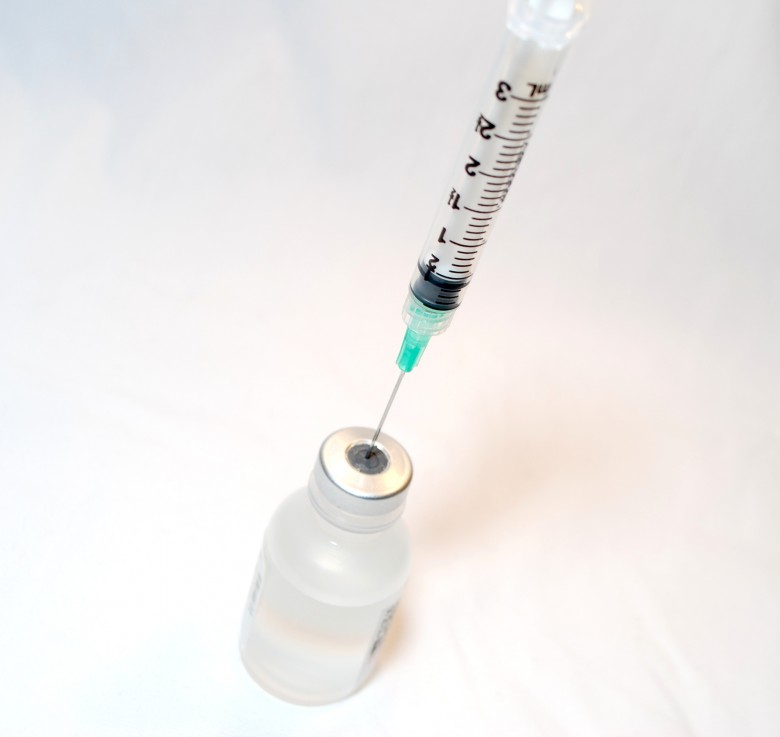
Image courtesy of NIAID via Flickr
Most countries in South America have a compulsory yellow fever vaccination requirement. Don’t forget to have this done before you depart on your trip. These are easily available at any travel health clinic or can be arranged through your family doctor.
Several other countries require the vaccination if you are coming from a country where Yellow Fever is endemic. For a comprehensive list of these countries check here.
Air Pollution
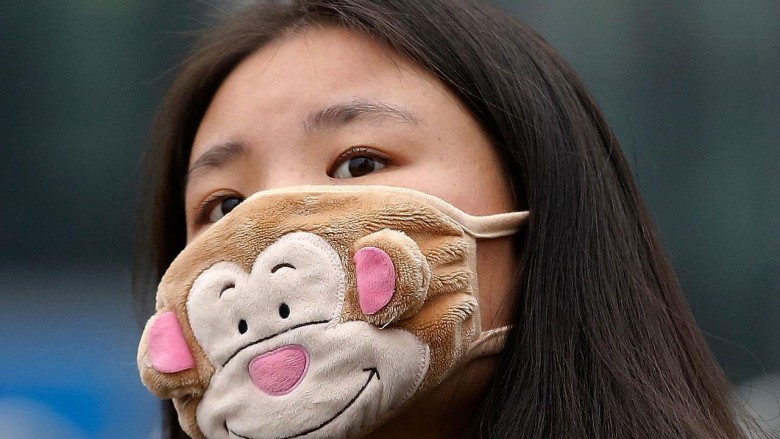
Image courtesy of weather.com
A simple app on your smart phone can tell you whether the pollution that day in L.A. or Shanghai (or wherever you happen to be) is too high. This means you can cancel your jog and find something else to do that’s healthier for your lungs. This is an essential app for asthma sufferers.
AirforU is the best air-quality checking app in the U.S. and”Air Quality China” is essential if you’re planning a trip to a major Chinese city.
If you are visiting on a day when the air pollution is particularly bad then wearing a mask over your nose and mouth can help greatly. These are even considered a fashion statement in countries with frequent high-levels of pollution.
Dysentery
In countries renowned for sometimes dodgy street food it pays to be strict about drinking bottled water (even brushing your teeth with it) and only eating from places which have clean kitchens and don’t use contaminated water to clean their vegetables.
Take recommendations from frequent travellers on online forums about safe places to eat or just pick a place which has a high turnover and many hungry customers.
We hope you found these how to stay healthy travel pointers useful and wish you safe travels.